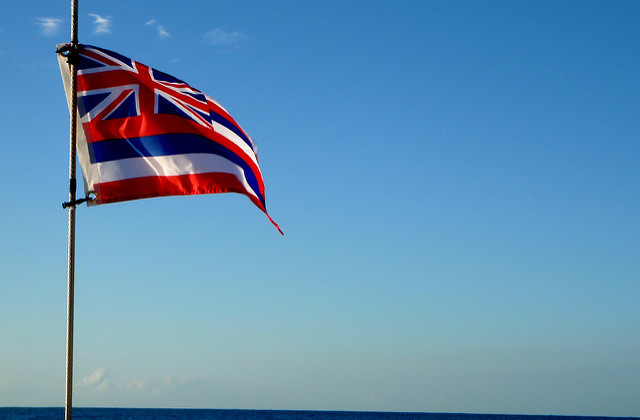The United States Department of the Interior announced the final version of a rule on Friday (September 23) that allows for the Native Hawaiian community to establish its own government, much as Native Americans operate independently via tribal status. The rule establishes the criteria and process the agency would employ if the group votes to create that government and subsequently establish a formal government-to-government relationship with the U.S.
Per “Cohen’s Handbook of Federal Indian Law,” which is cited in 43 Code of Federal Regulations Part 50:
Recognition is a formal political act [that] permanently establishes a government-to-government relationship between the United States and the recognized tribe as a “domestic dependent nation,” and imposes on the government a fiduciary trust relationship to the tribe and its members. Recognition is also a constitutive act: It institutionalizes the tribe’s quasi-sovereign status, along with all the powers accompanying that status such as the power to tax and to establish a separate judiciary.
“This final rule provides the Native Hawaiian community with the opportunity to exercise self-determination by reestablishing a formal government-to-government relationship with the United States,” said Secretary of the Interior Sally Jewell said in a statement. “Throughout this two-year rulemaking process, thousands of voices from the Native Hawaiian community and the public testified passionately about the proposal. Today is a major step forward in the reconciliation process between Native Hawaiians and the United States that began over 20 years ago. We are proud to announce this final rule that respects and supports self-governance for Native Hawaiians, one of our nation’s largest indigenous communities.”
Hawaii Public Radio reports that the reaction to the newly-opened pathway is mixed. Annelle Amaral, president of the Association of Hawaiian Civic Clubs, sees the rule change as an opportunity: “What it allows us to do is to finally have control over our sacred sites, over health care for our people, over the education of our children,” Amaral said. “Instead of waiting for someone else to do something about our problems, with our own government we can begin to initiate change.”
But activist Bumpy Kanahele argues that the U.S. government should not be at all involved in the process of creating a sovereign nation. “The Interior Department being involved in any type of discussion regarding our national identity is totally out of line,” Kanahele told Hawaiian Public Radio. “I guess it’s the only way they feel they can communicate with us.”
Meanwhile, Robert K. Lindsey, chairperson of the state agency Office of Hawaiian Affairs, argues that this is a significant opportunity. “Native Hawaiians have been the only major indigenous group in the 50 states without a process for establishing a government-to-government relationship with the federal government. This rule finally remedies this injustice,” he said in a statement. He went on to discuss next steps, saying that “OHA will spend the next few days closely examining the rule to better understand how the Native Hawaiian people can—if they choose—pursue a government-to-government relationship.”
